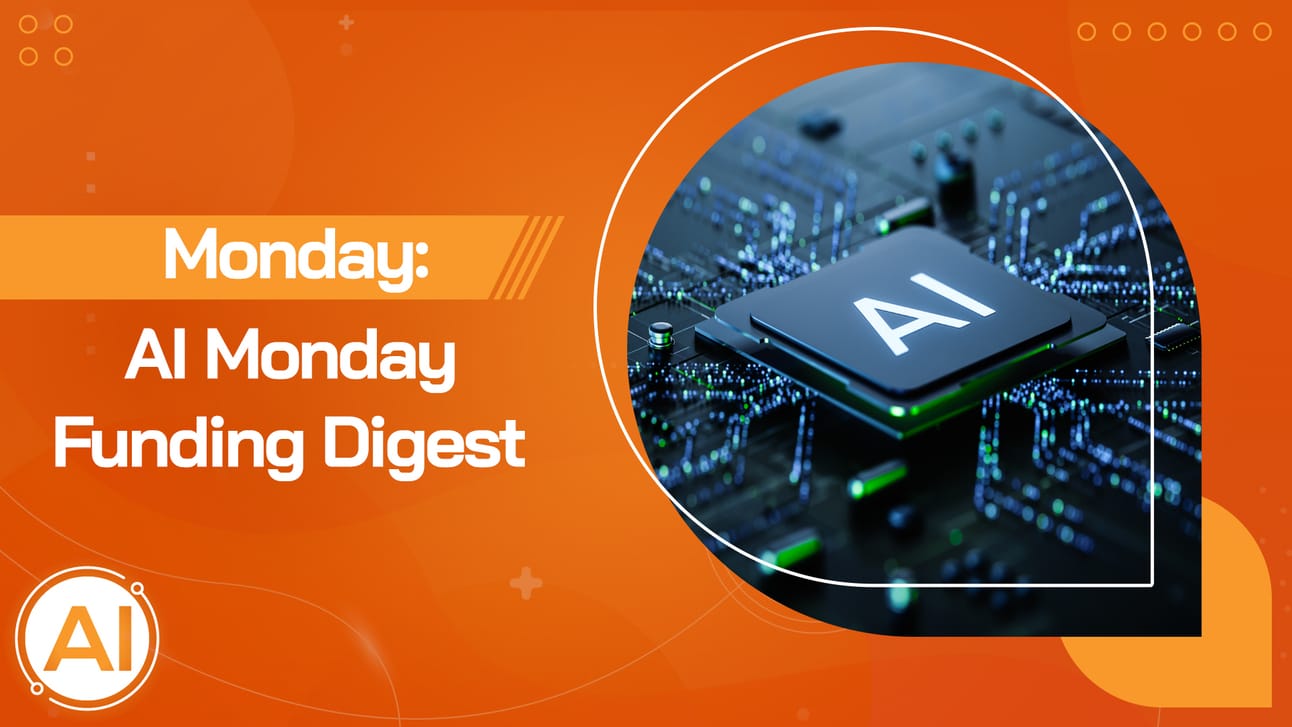AI Business Weekly – February 24, 2026: Enterprise AI Deployment Accelerates as Memory Shortage Reshapes Hardware Economics
Five stories revealing how OpenAI enlists Big Four consultants for agent deployment while promotion criteria shift to AI usage and chip shortages force Apple to accept 100% price increases




